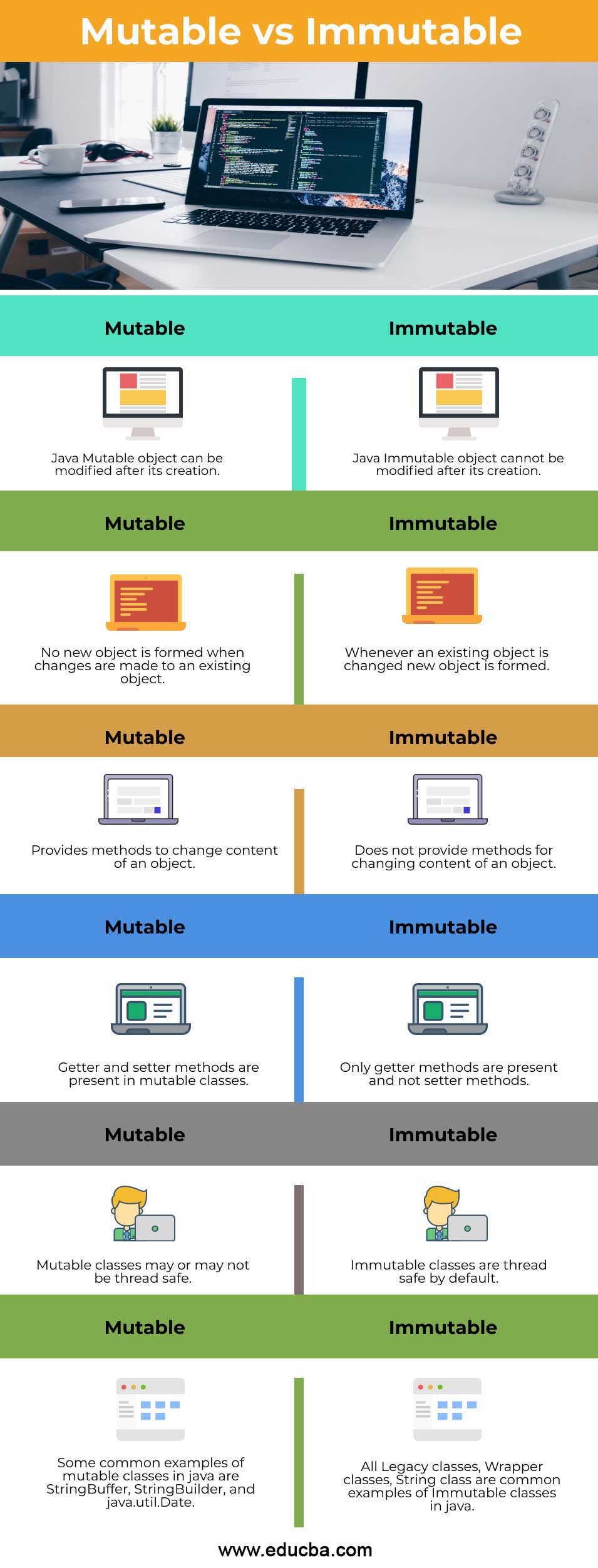Why Are Strings Immutable in Java? Crucial Understanding for Designers
Wiki Article
What Is Immutable Strings and Just How It Works
In the world of shows, understanding the principle of immutable strings is paramount for producing durable and safe applications. Unalterable strings refer to strings that can not be changed after they are developed, making certain data stability and predictability within the code. This essential concept plays a vital duty in different shows languages and supplies an one-of-a-kind approach to handling information. By discovering the complexities of how immutable strings function, one can discover a world of advantages and opportunities that can raise the top quality and effectiveness of software growth.The Basics of Immutable Strings
Immutable strings, as a fundamental idea in programs, are personality series that can not be changed as soon as they are created. This indicates that as soon as a string is assigned a worth, that worth can not be changed. In languages like Python and Java, strings are immutable objects, bring about numerous implications in terms of memory management and data honesty.Among the essential advantages of immutable strings is that they give a complacency in data control. Since the material of an immutable string can not be changed, it makes sure that the original data stays undamaged, minimizing the danger of unplanned modifications during program execution (Why are strings immutable in Java?). This residential property also simplifies debugging processes, as developers can trust that as soon as a string is defined, its worth will not be inadvertently altered
When a brand-new string is produced based on an existing one, instead than customizing the original string, the new value is kept independently. Overall, understanding the essentials of immutable strings is crucial for grasping shows ideas and enhancing code performance.
Advantages of Immutable Strings
Building upon the protection and performance benefits of unalterable strings, their advantages prolong to improving code reliability and simplifying concurrent programs jobs. By being unalterable, strings can not be modified after development, which gets rid of the risk of unintentional changes in the data they store. This integral immutability makes certain that once a string is developed, its worth stays constant throughout the program's implementation, minimizing the chances of insects triggered by unexpected alterations.Furthermore, immutable strings add to code reliability by making it less complicated to reason about the state of a program. Considering that strings can not be altered, programmers can trust that a string will constantly hold the same worth, simplifying debugging and maintenance efforts. This predictability causes extra secure and reliable codebases.
Execution in Programming Languages
Within numerous programs languages, the incorporation of unalterable strings is a basic aspect that affects just how data is dealt with and adjusted within code frameworks. The implementation of immutable strings differs throughout different programs languages, with each language offering its own mechanisms to support this idea.

In contrast, languages like C and C++ do not have built-in assistance for immutable strings. Designers in these languages should by hand execute immutability by imposing rules within their code to avoid direct modifications to string objects.
Finest Practices for Dealing With Unalterable Strings
When handling unalterable strings in shows Get More Information languages like Java and Python, adhering to best practices makes certain efficient and safe and secure data manipulation. One of the key ideal techniques is to utilize StringBuilder or StringBuffer rather of directly controling strings, especially when handling extensive concatenation procedures. These courses offer mutable choices for string manipulation, helping to stay clear of unneeded memory appropriations and improving efficiency.Additionally, when working with delicate information such as passwords or API tricks, it is vital to prevent keeping them as plain message in immutable strings. Making use of protected storage space devices like char arrays or specialized libraries for dealing with delicate details aids alleviate safety risks associated with immutable strings.
Real-world Applications and Examples
Checking out functional implementations of immutable strings in various industries exposes their considerable effect on information honesty and system dependability. In the health care industry, unalterable strings play a vital duty in making sure the security and confidentiality of person data. check here By preventing unapproved alterations to sensitive information such as clinical documents and prescriptions, unalterable strings help preserve compliance with strict privacy regulations like HIPAA.Economic establishments additionally profit from the immutable nature of strings to boost the security of client data and transaction documents. Unalterable strings aid stop scams and unauthorized modifications to financial details, providing a robust defense against cyber risks and ensuring the trust and self-confidence of customers.

Verdict
Finest methods for functioning with unalterable strings consist of staying clear of straight modifications and utilizing approaches that return new string items. Real-world applications of unalterable strings include data file encryption, caching, and string manipulation tasks.Immutable strings refer to strings that can not be changed after they are developed, guaranteeing information honesty and predictability within the code. When a new string is created based on an existing one, rather than modifying the initial string, the new worth is saved individually.In languages like Java and Python, strings are unalterable by default, read here meaning that when a string things is created, its worth can not be transformed - Why are strings immutable in Java?. Best practices for functioning with immutable strings include staying clear of straight adjustments and making use of methods that return new string things. Real-world applications of unalterable strings include data file encryption, caching, and string adjustment jobs
Report this wiki page